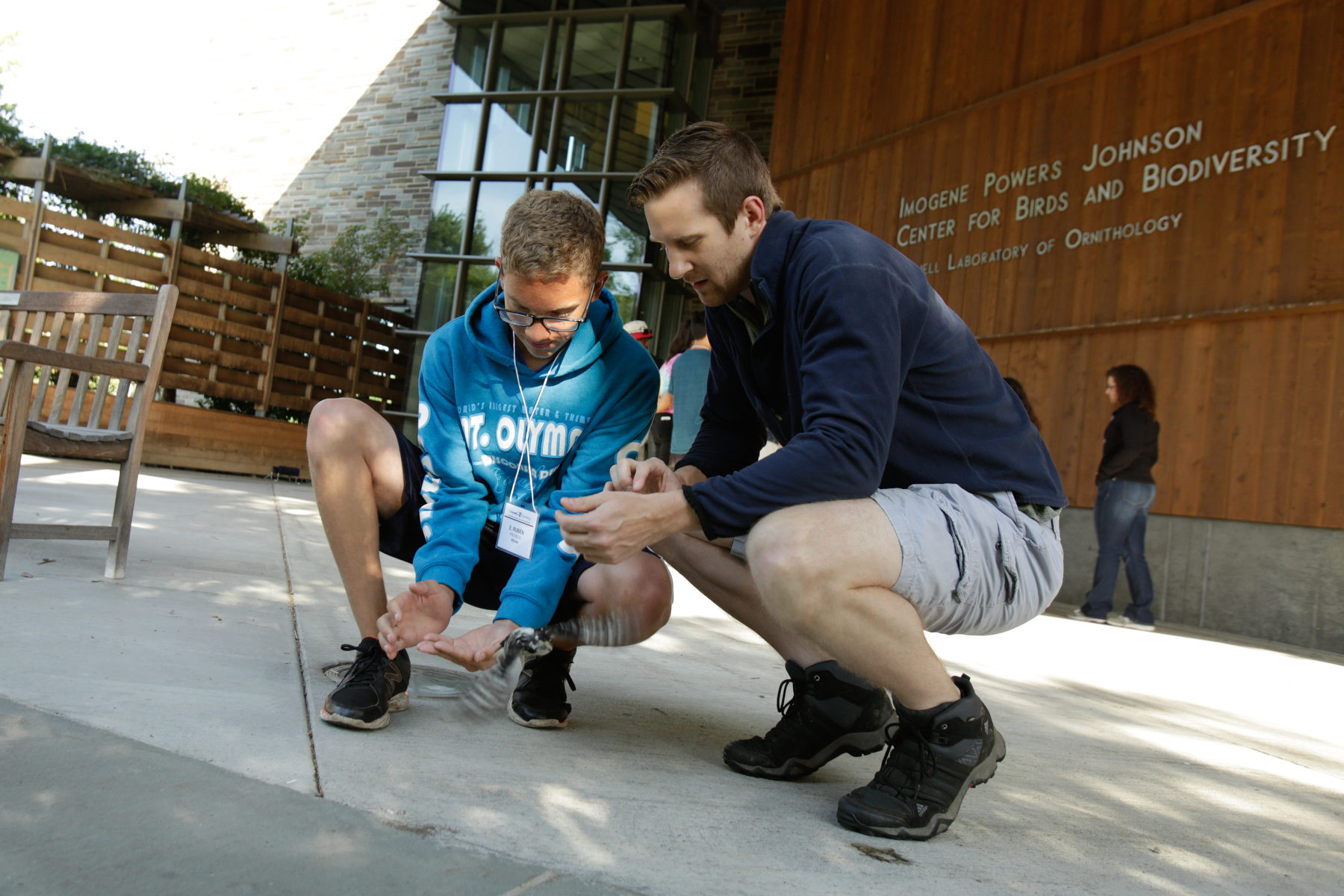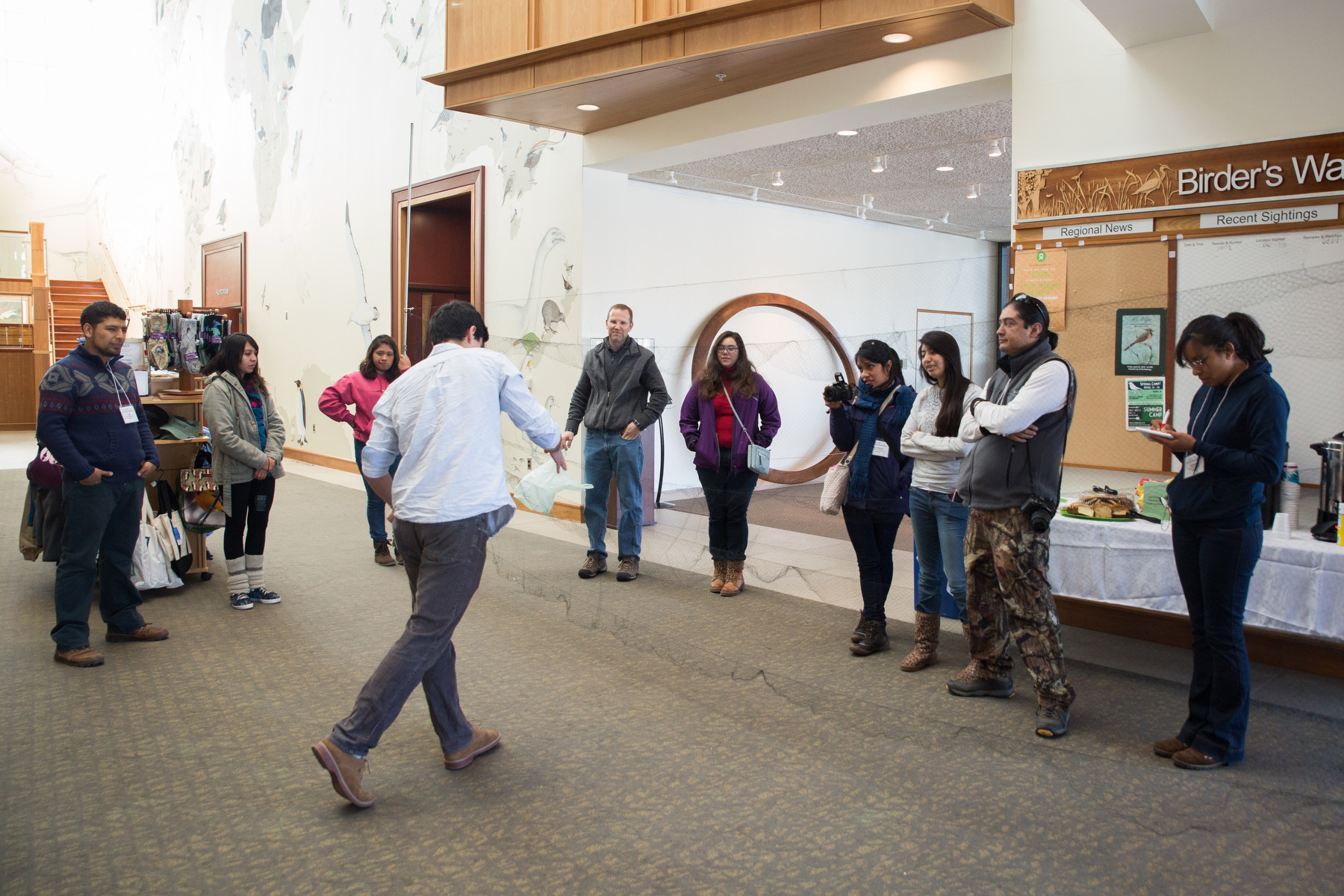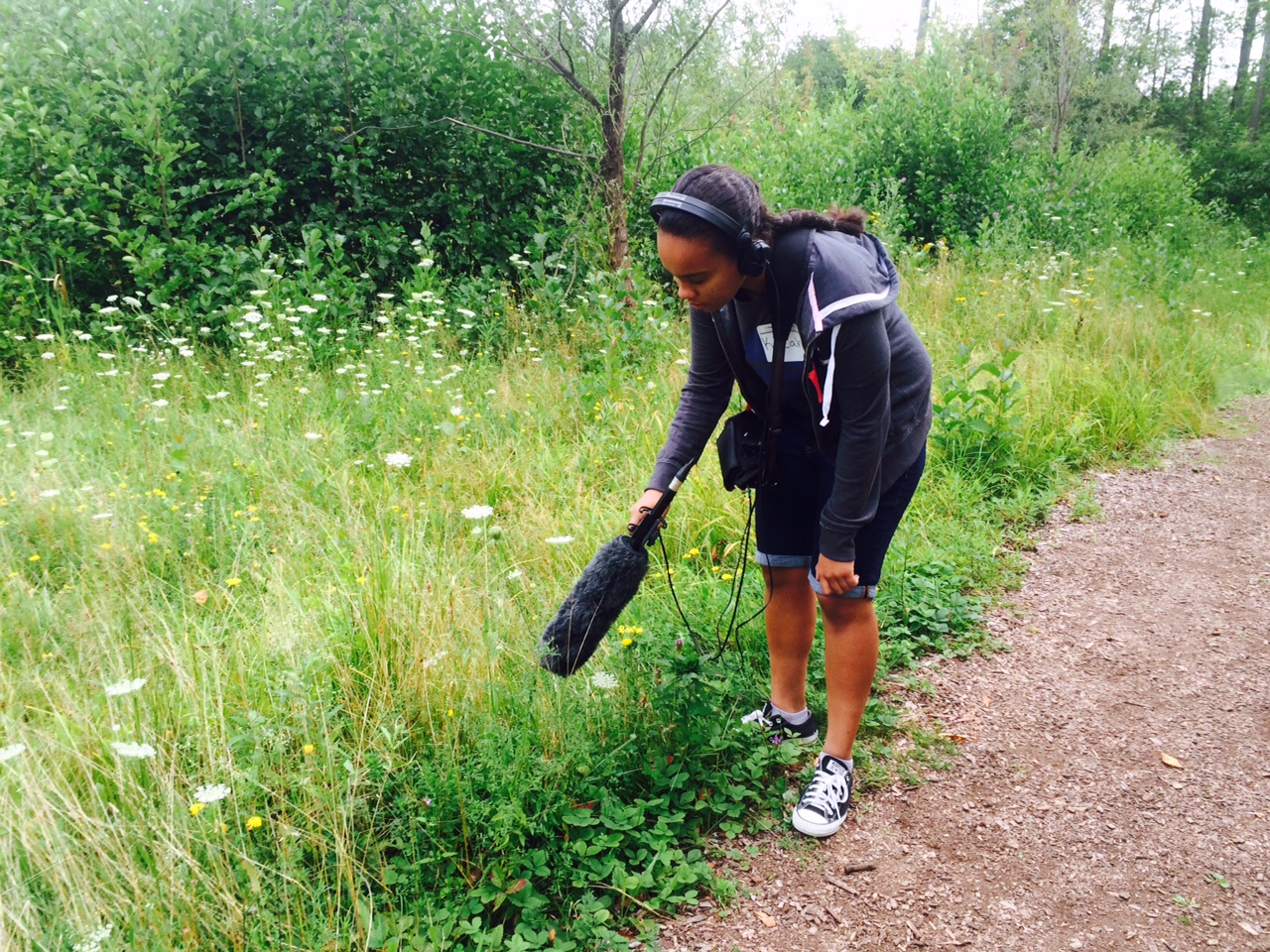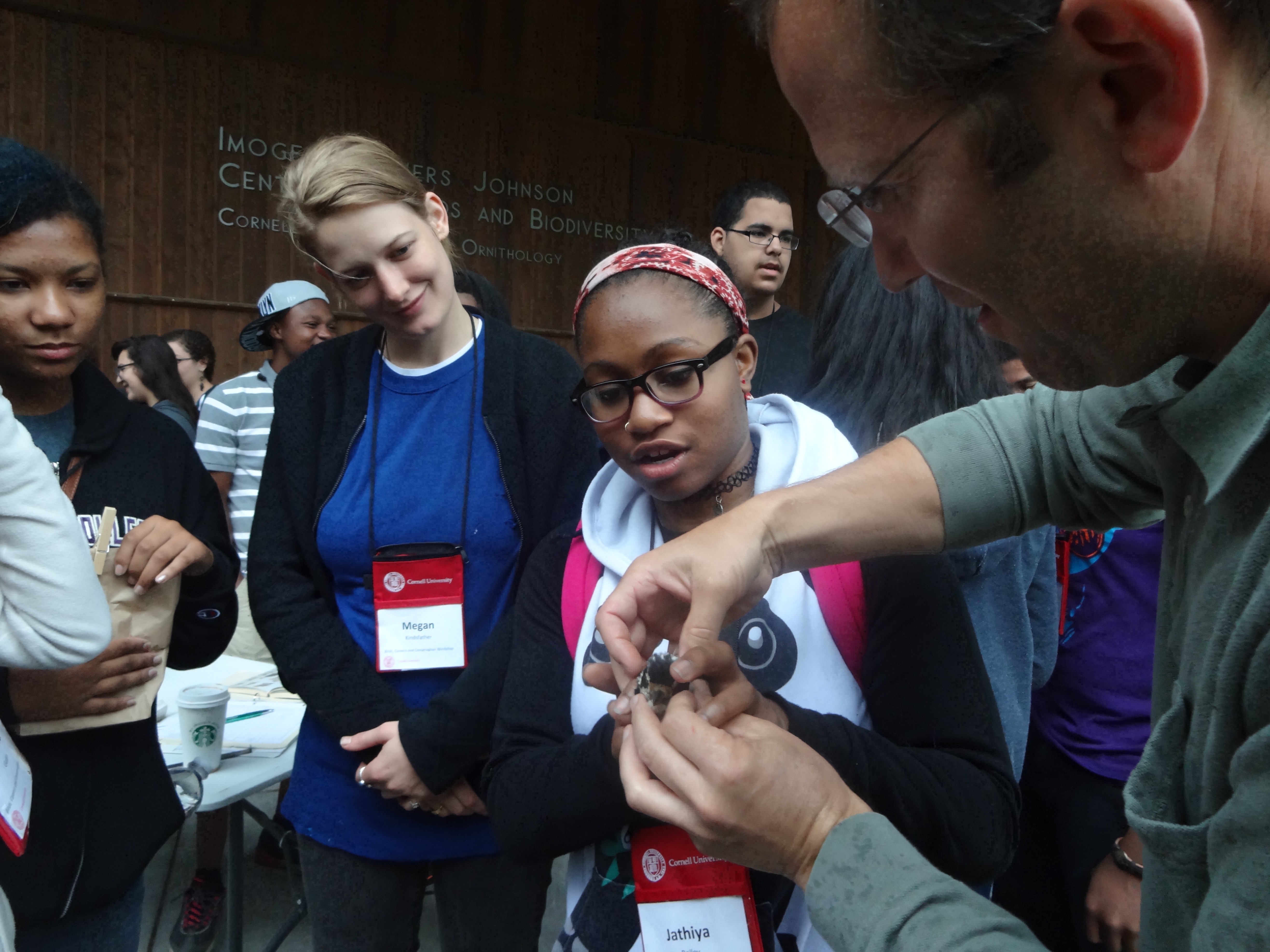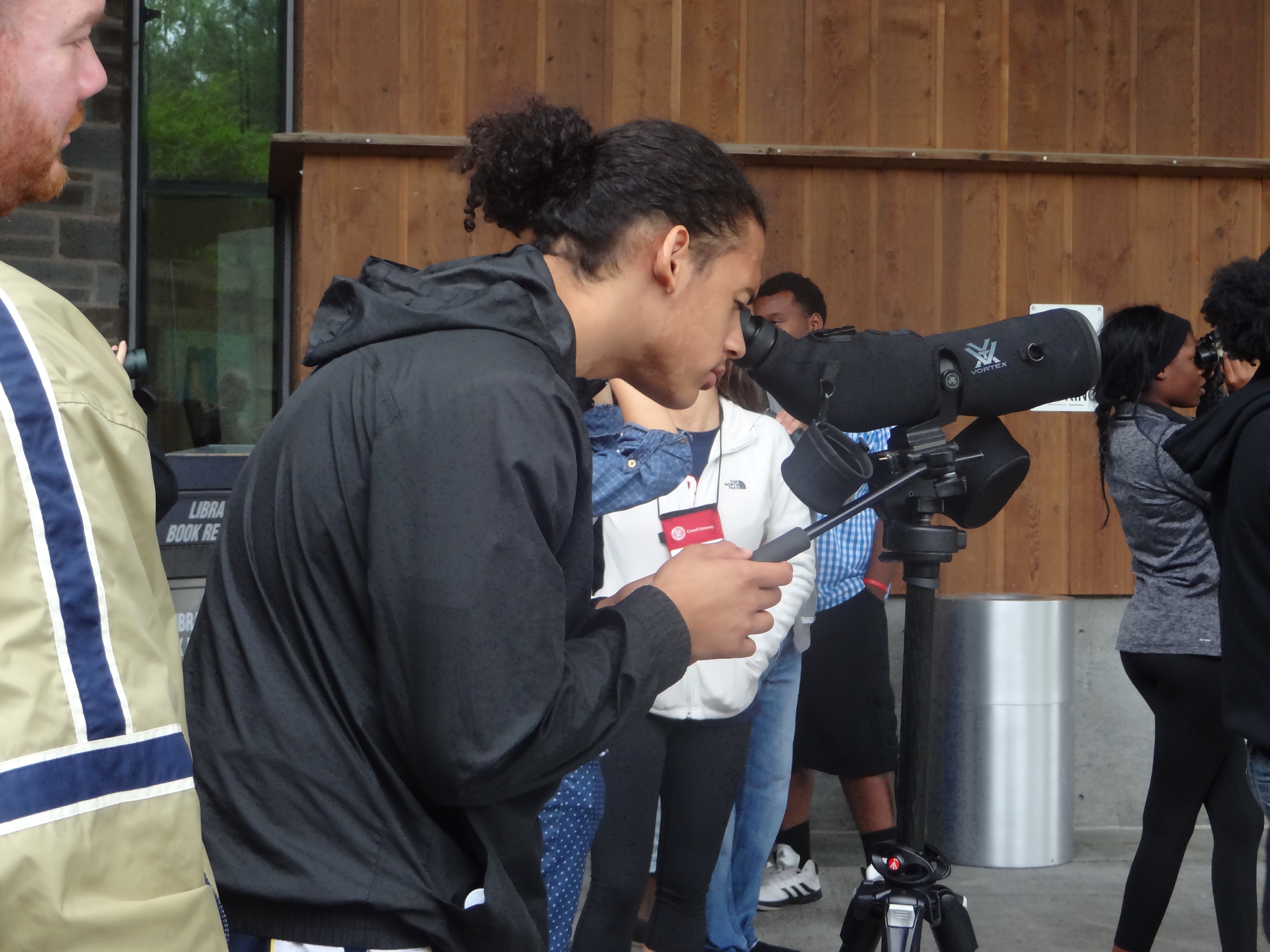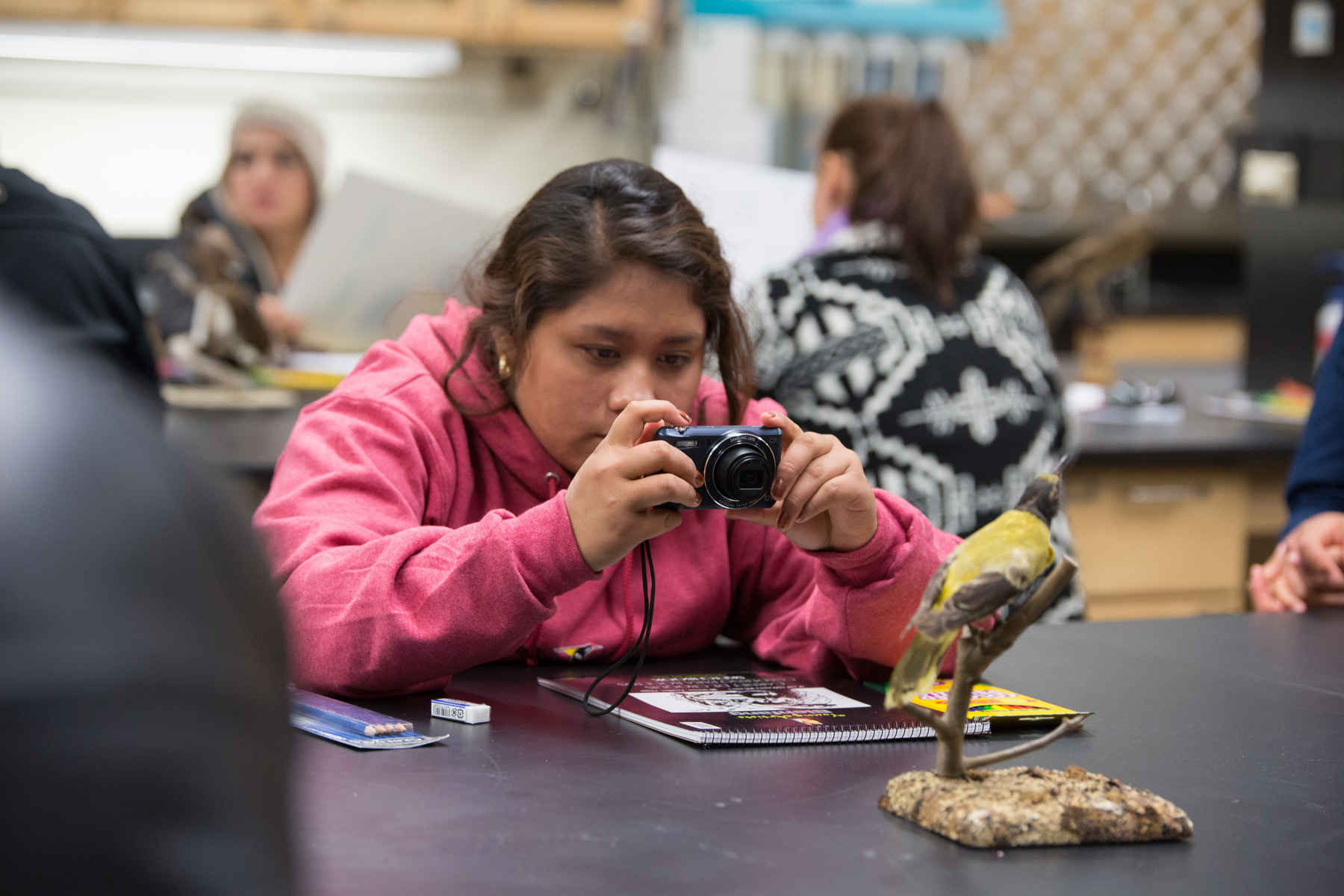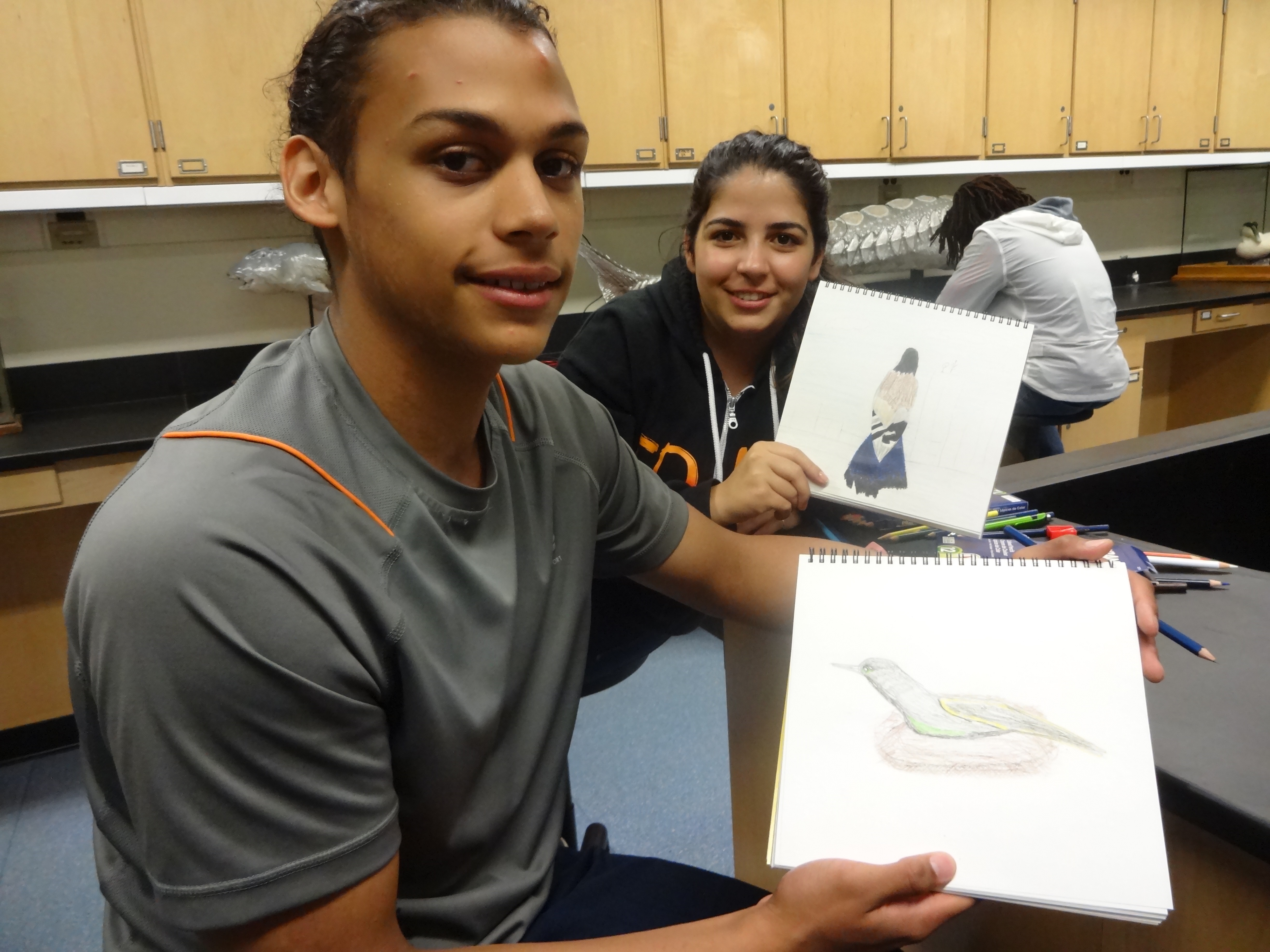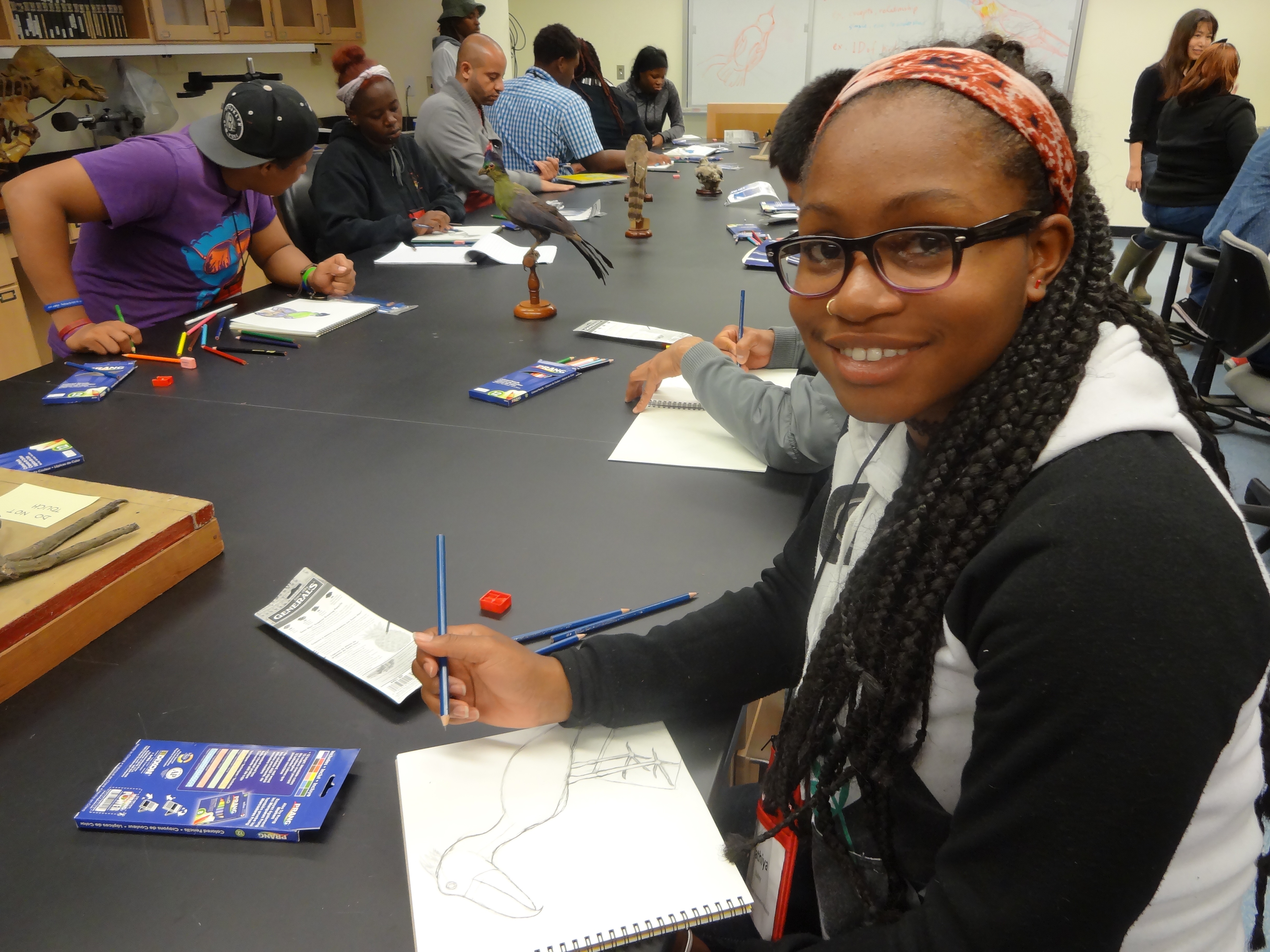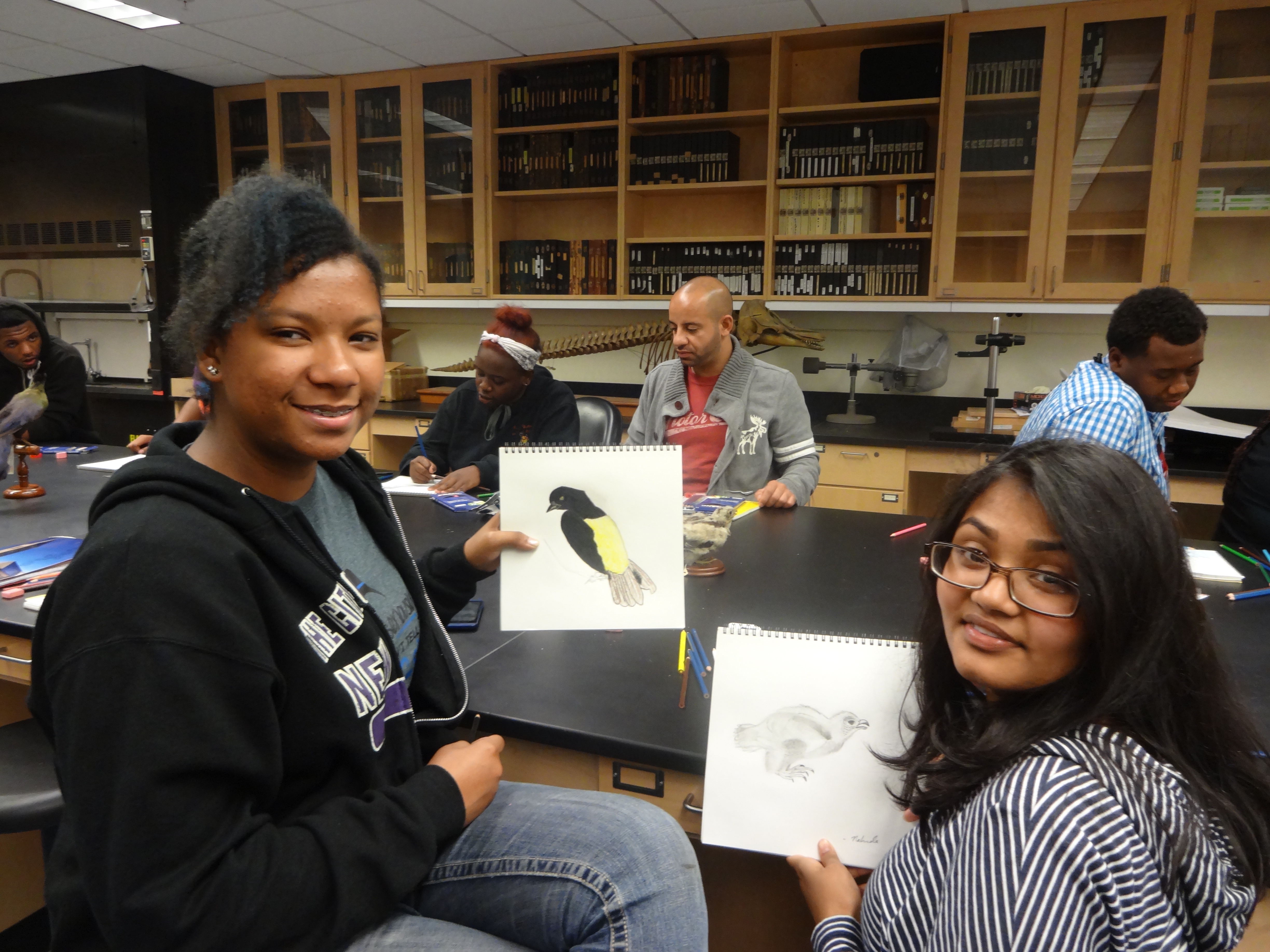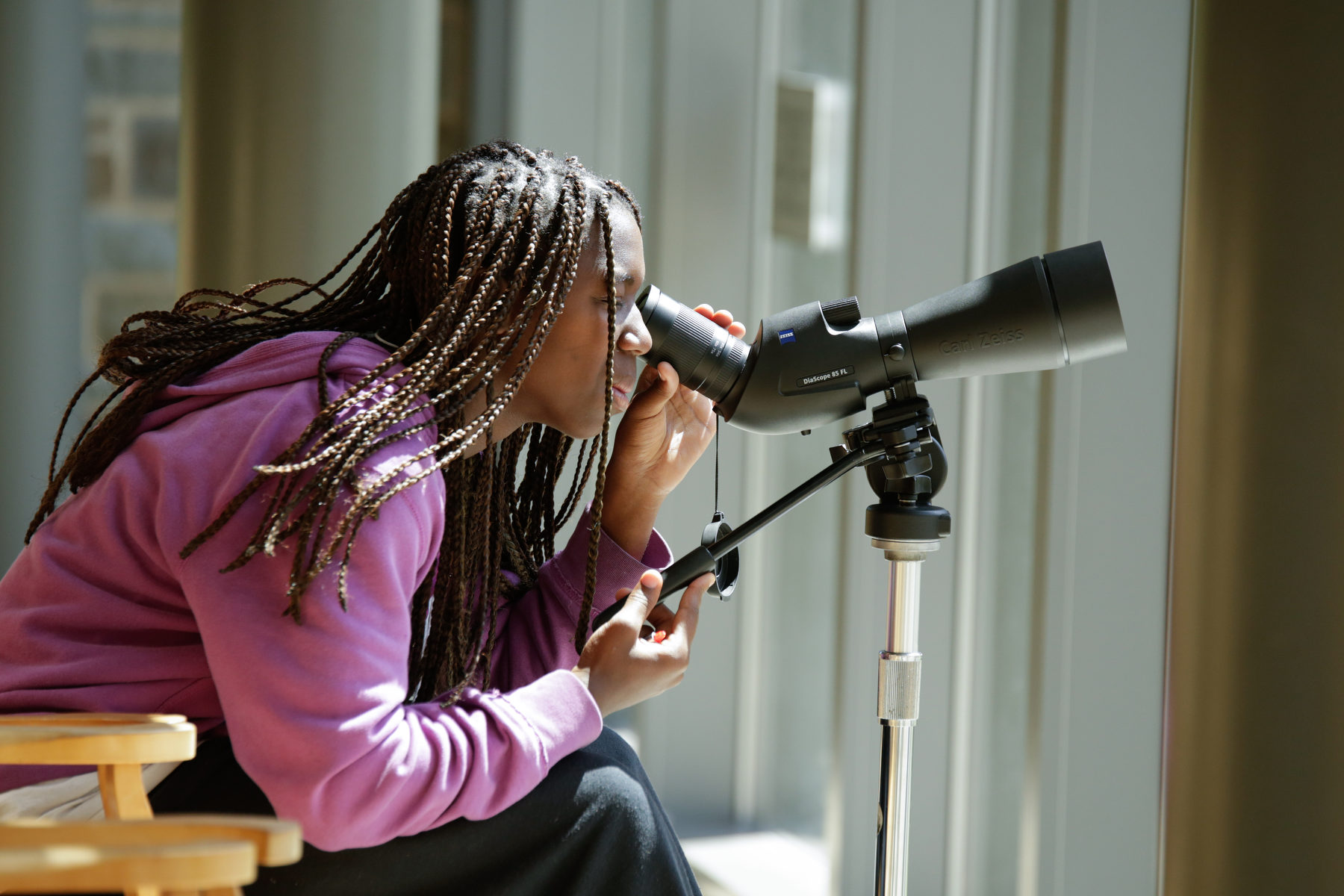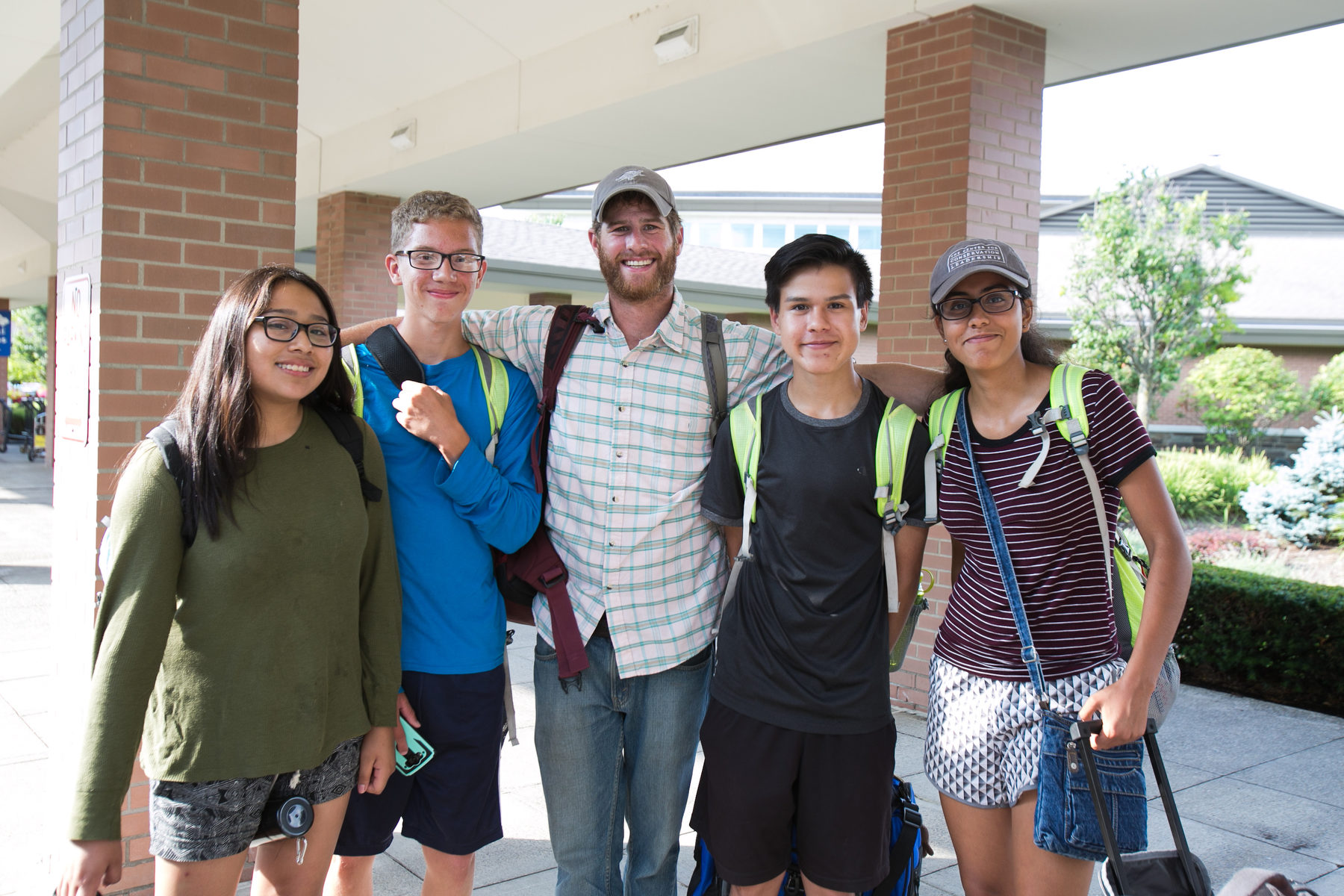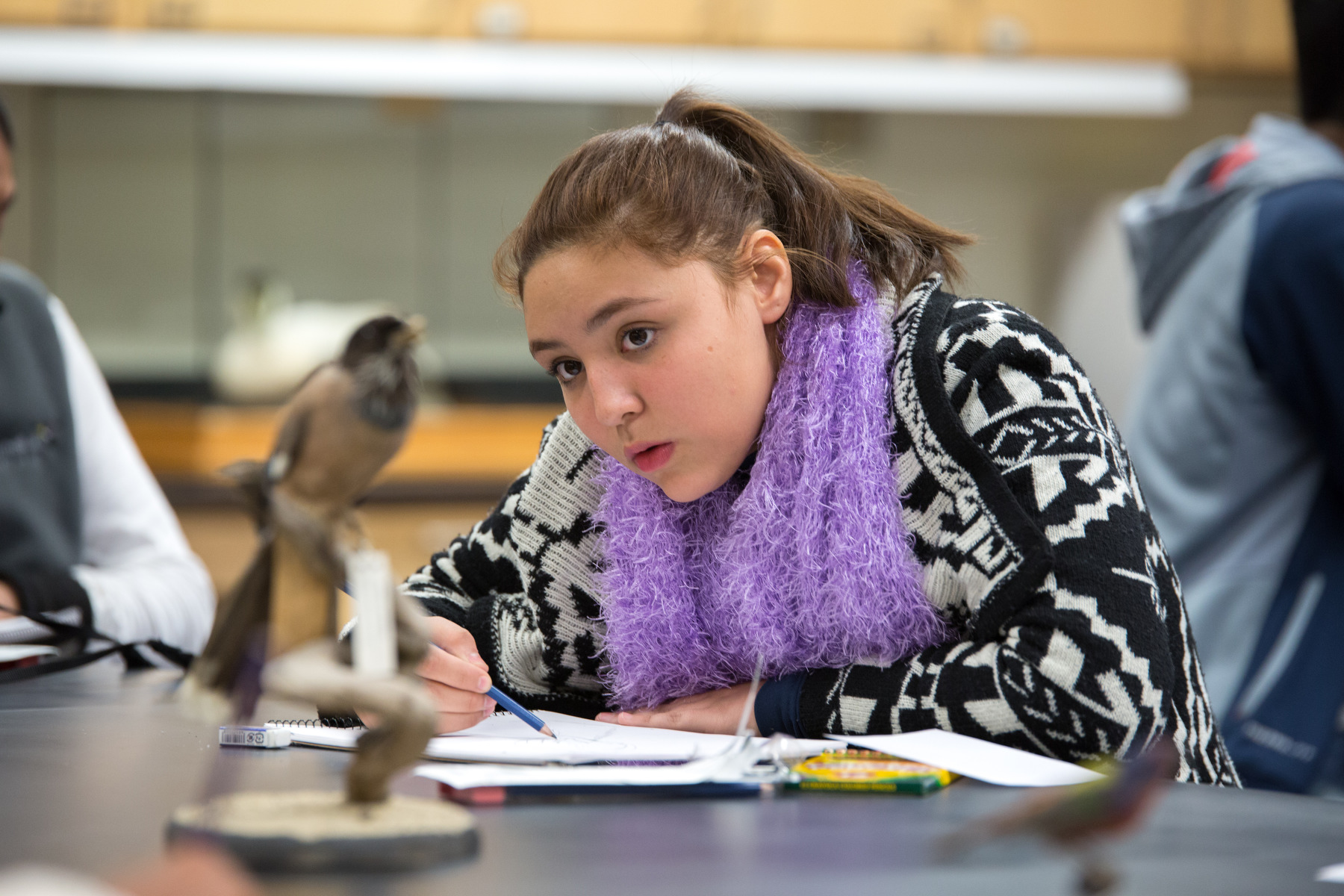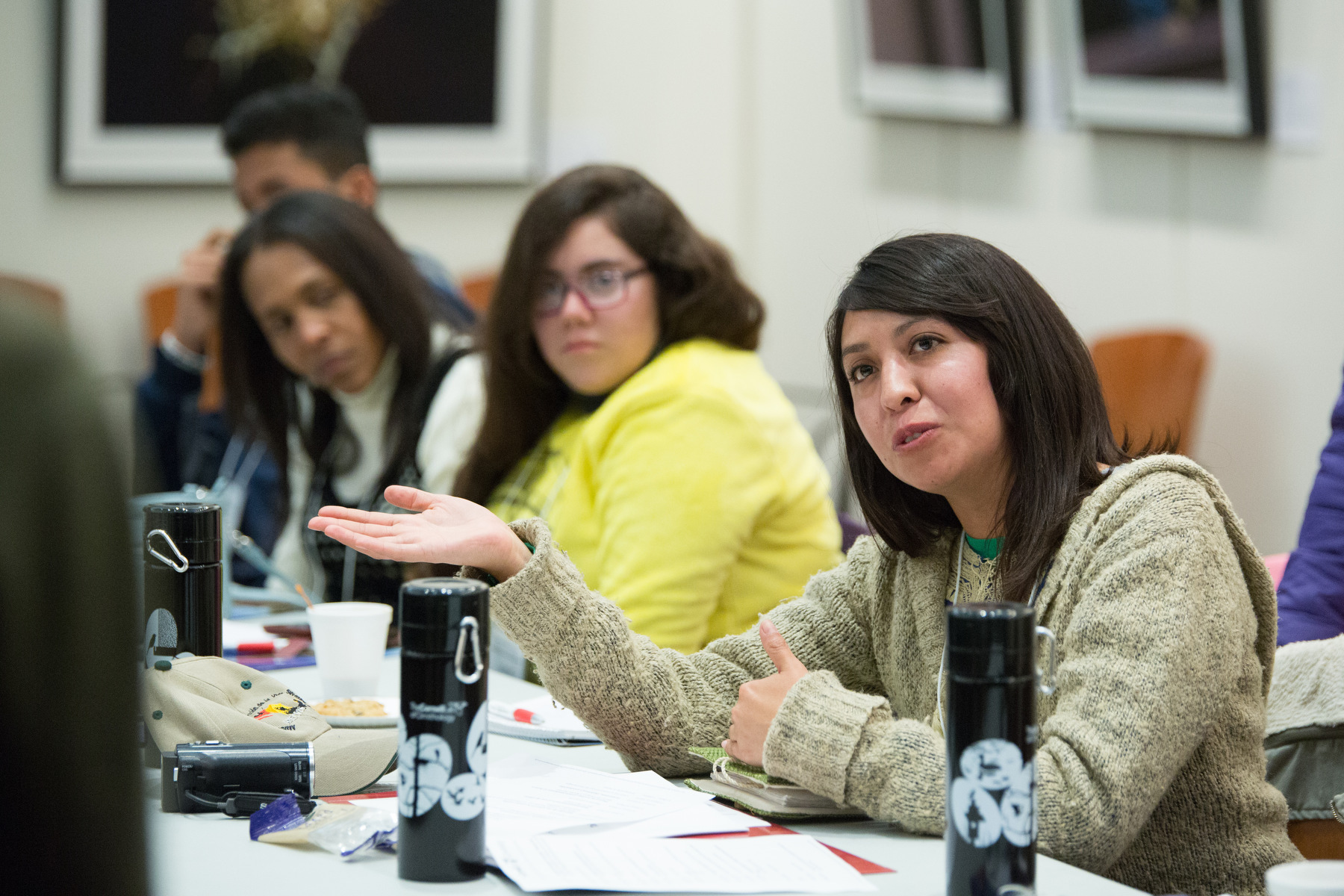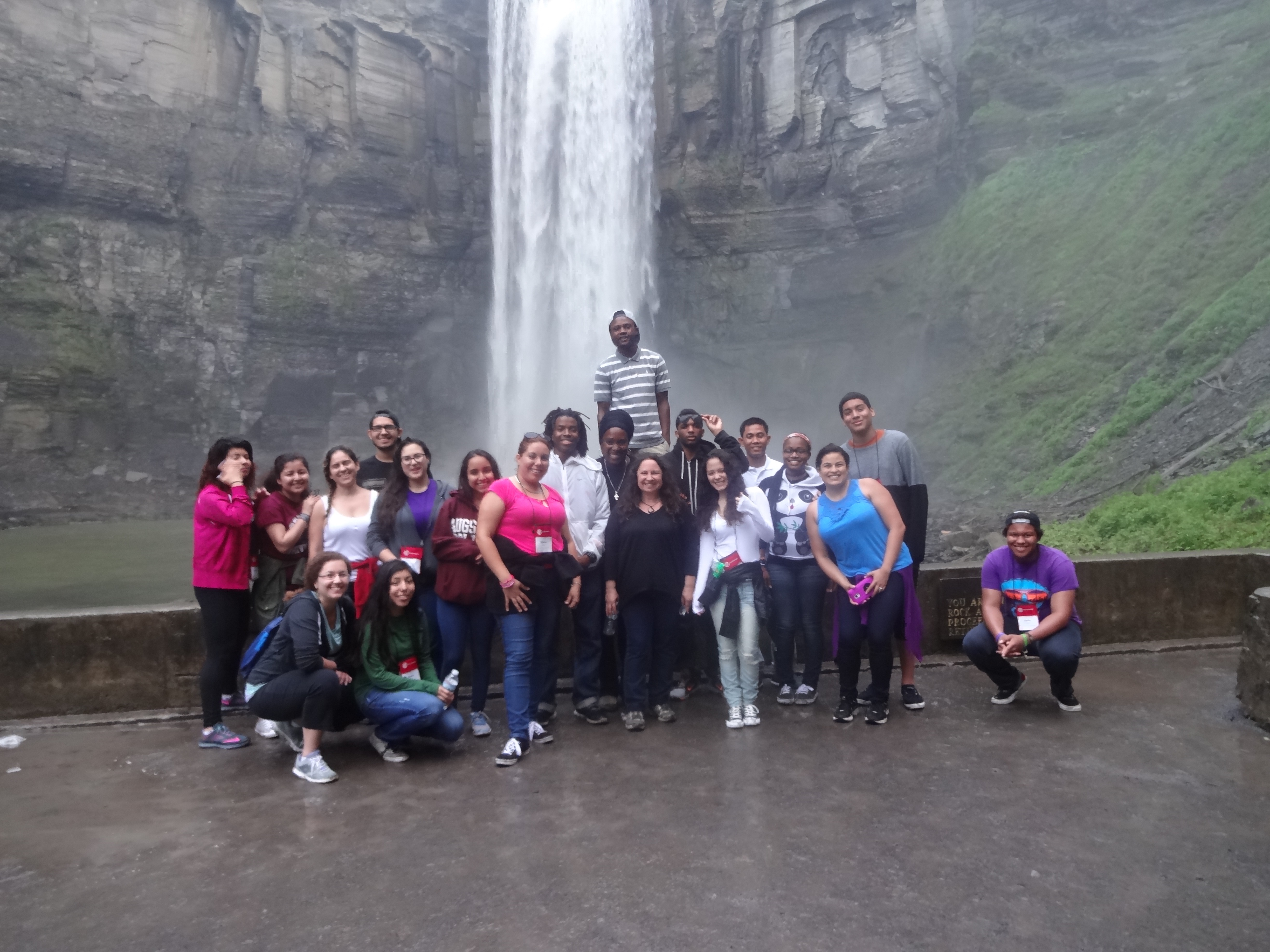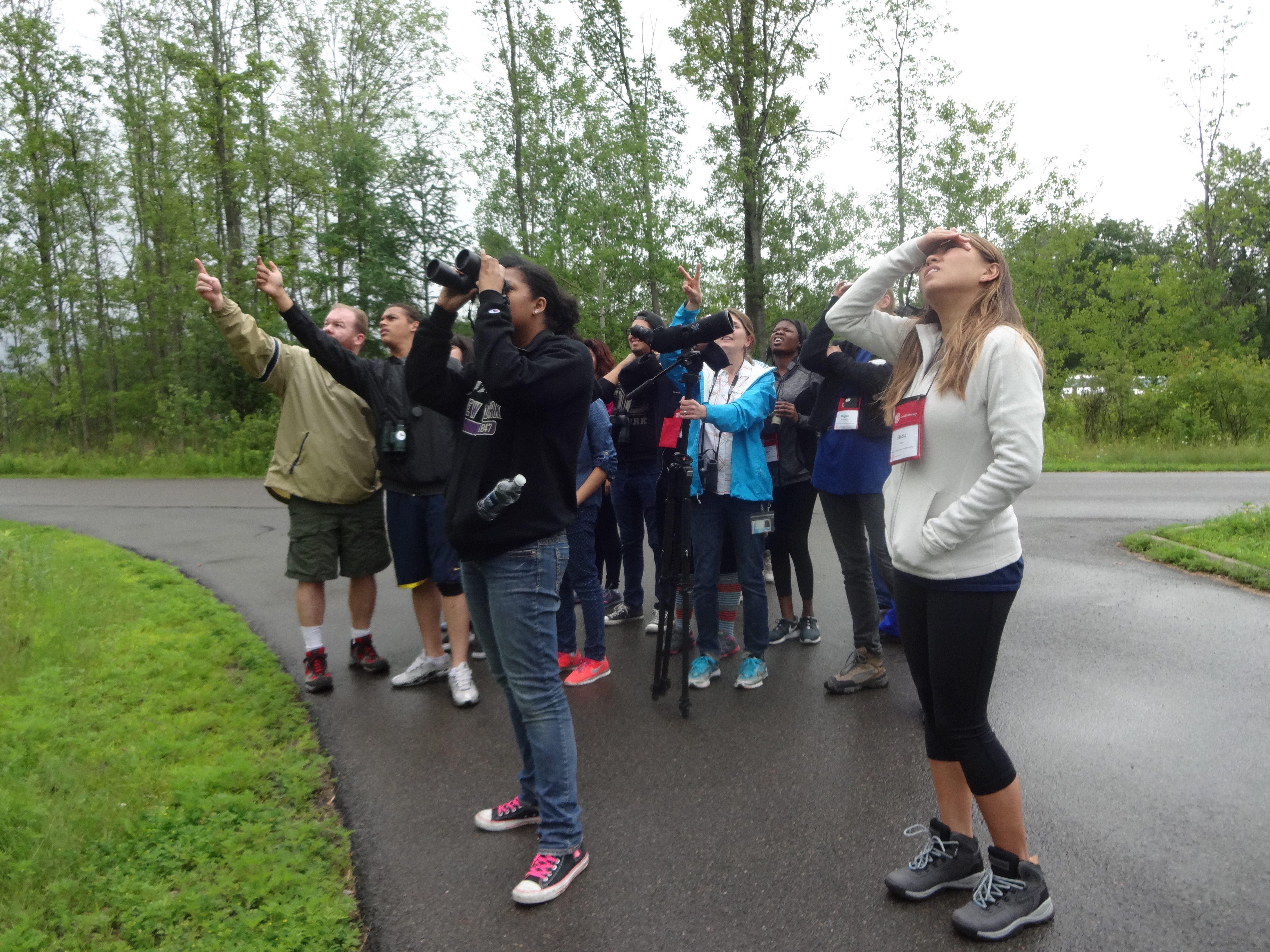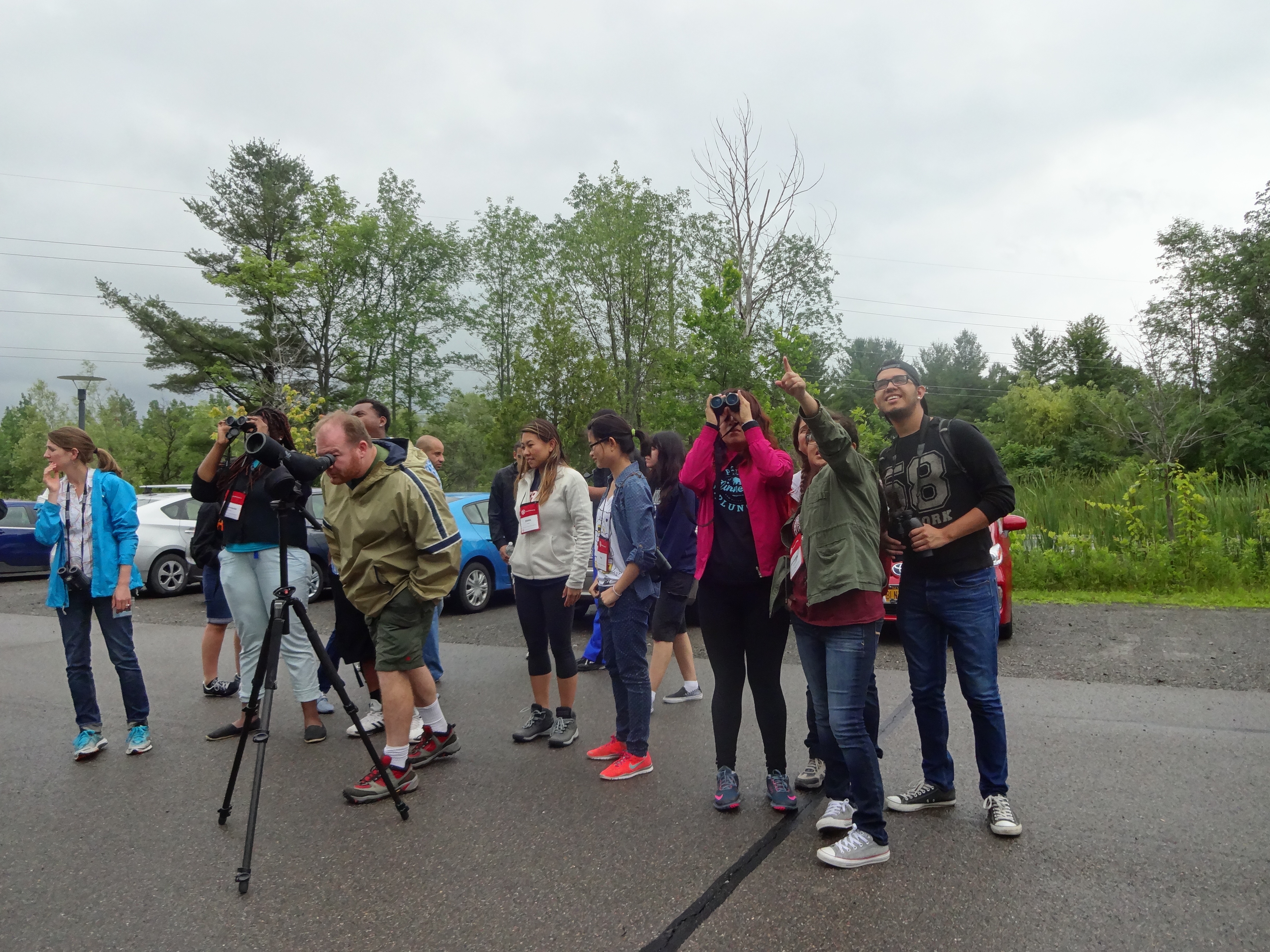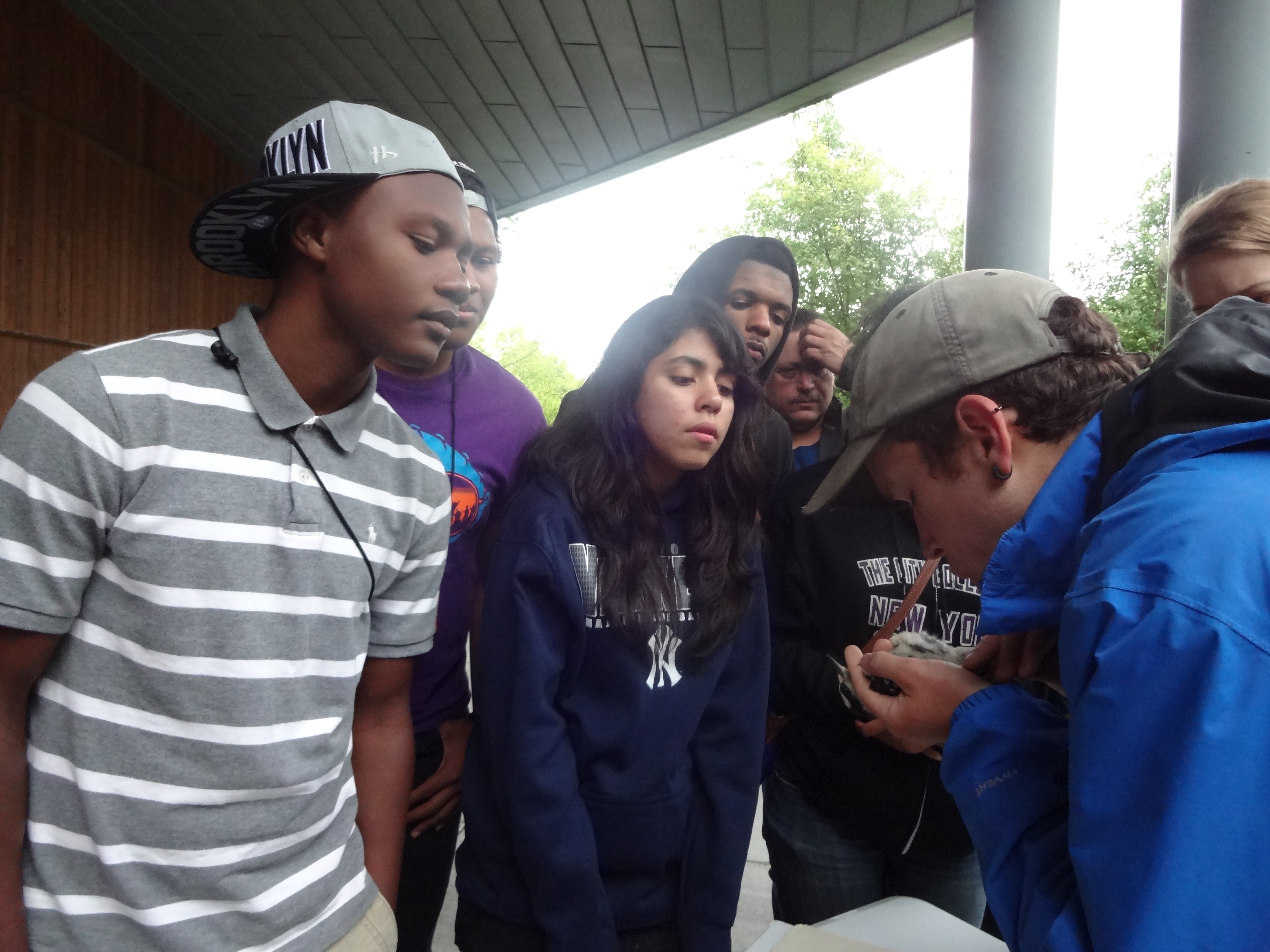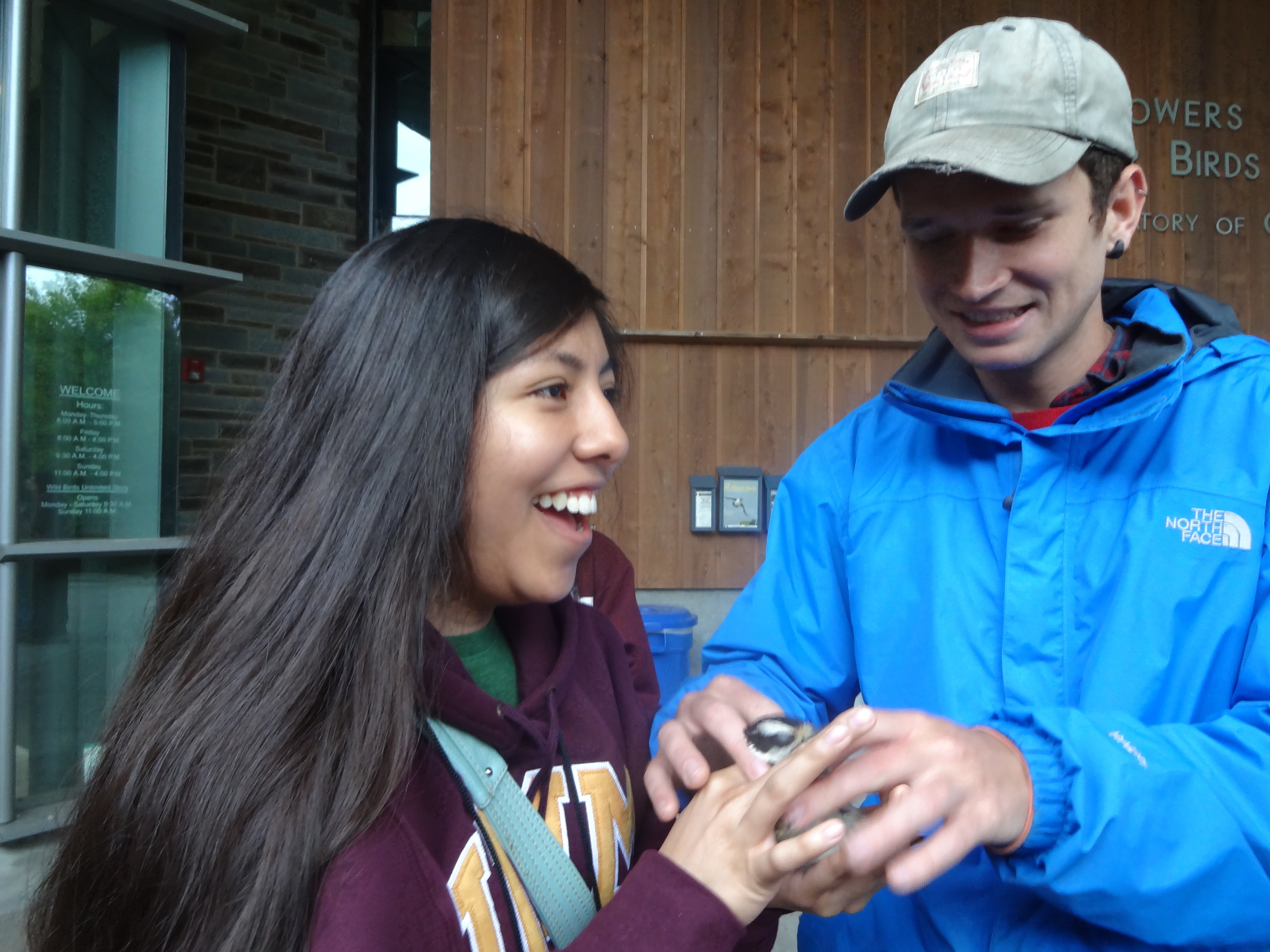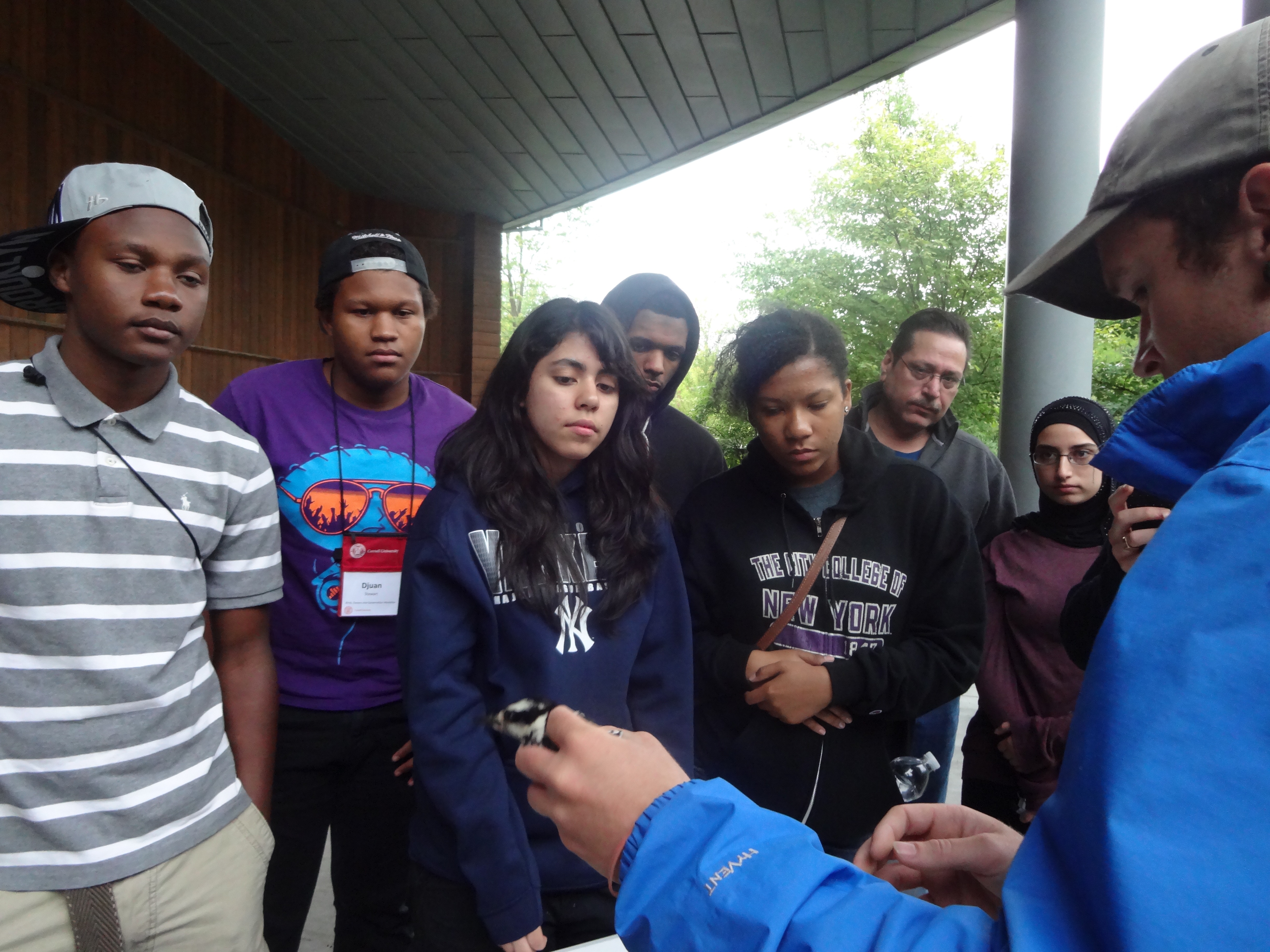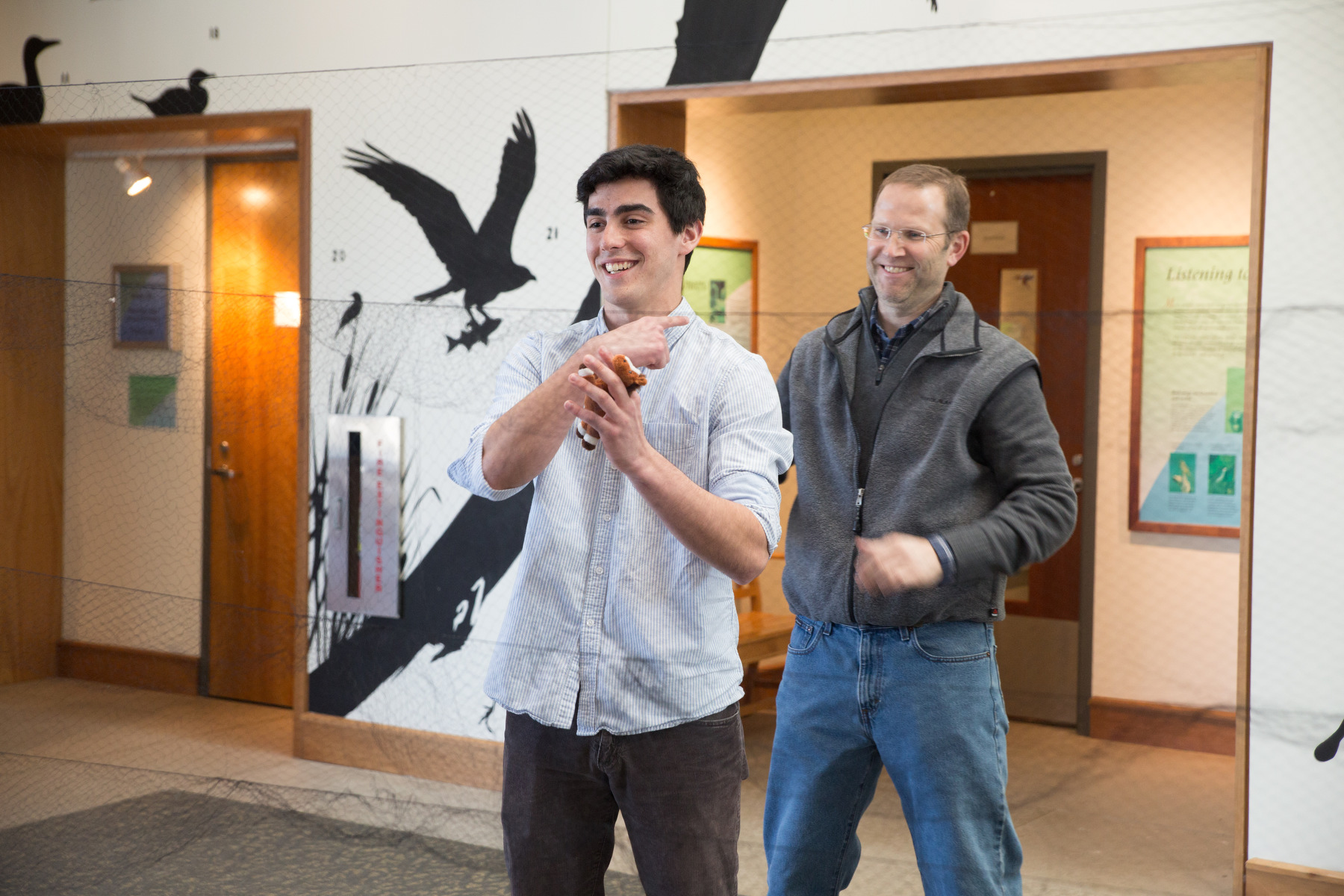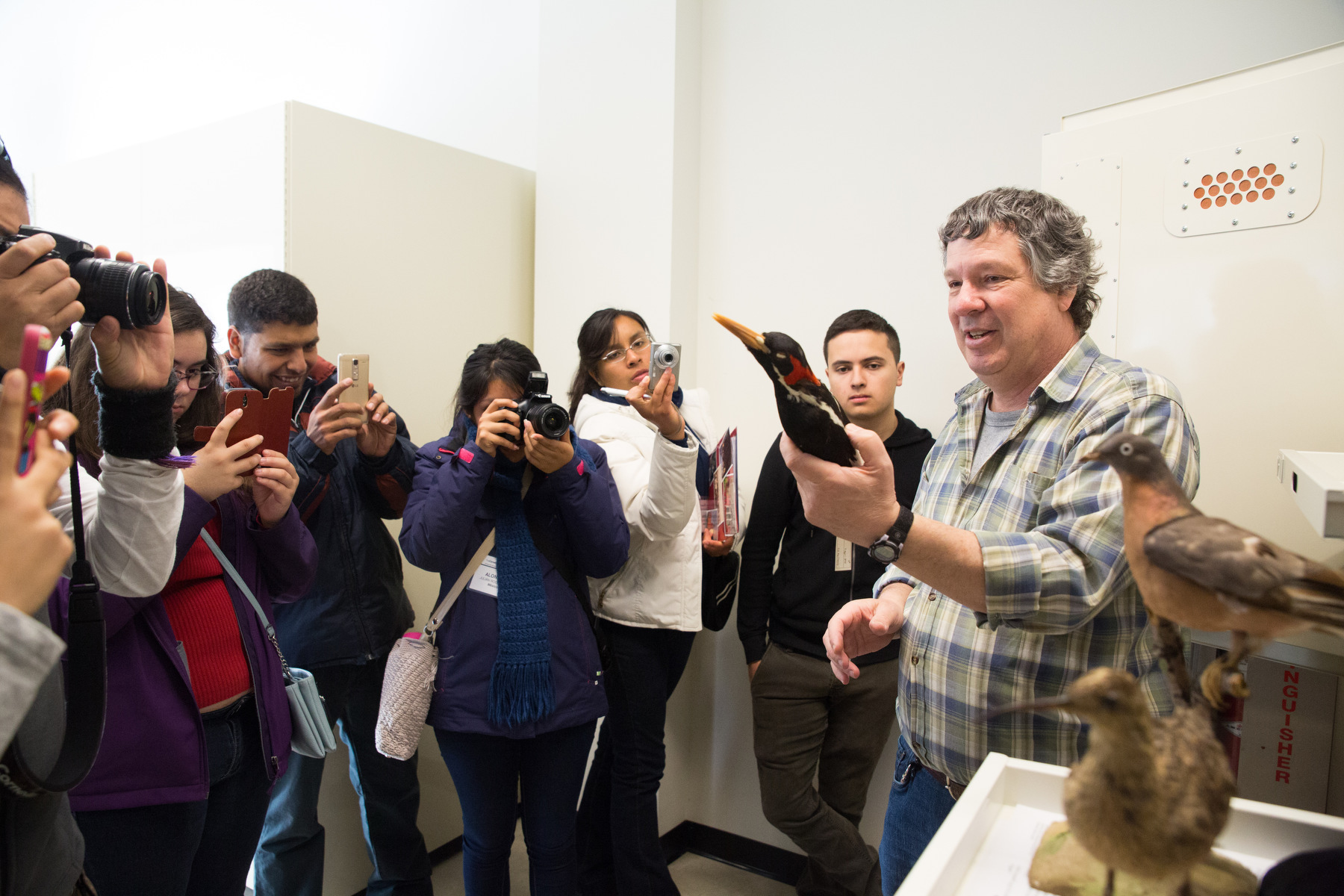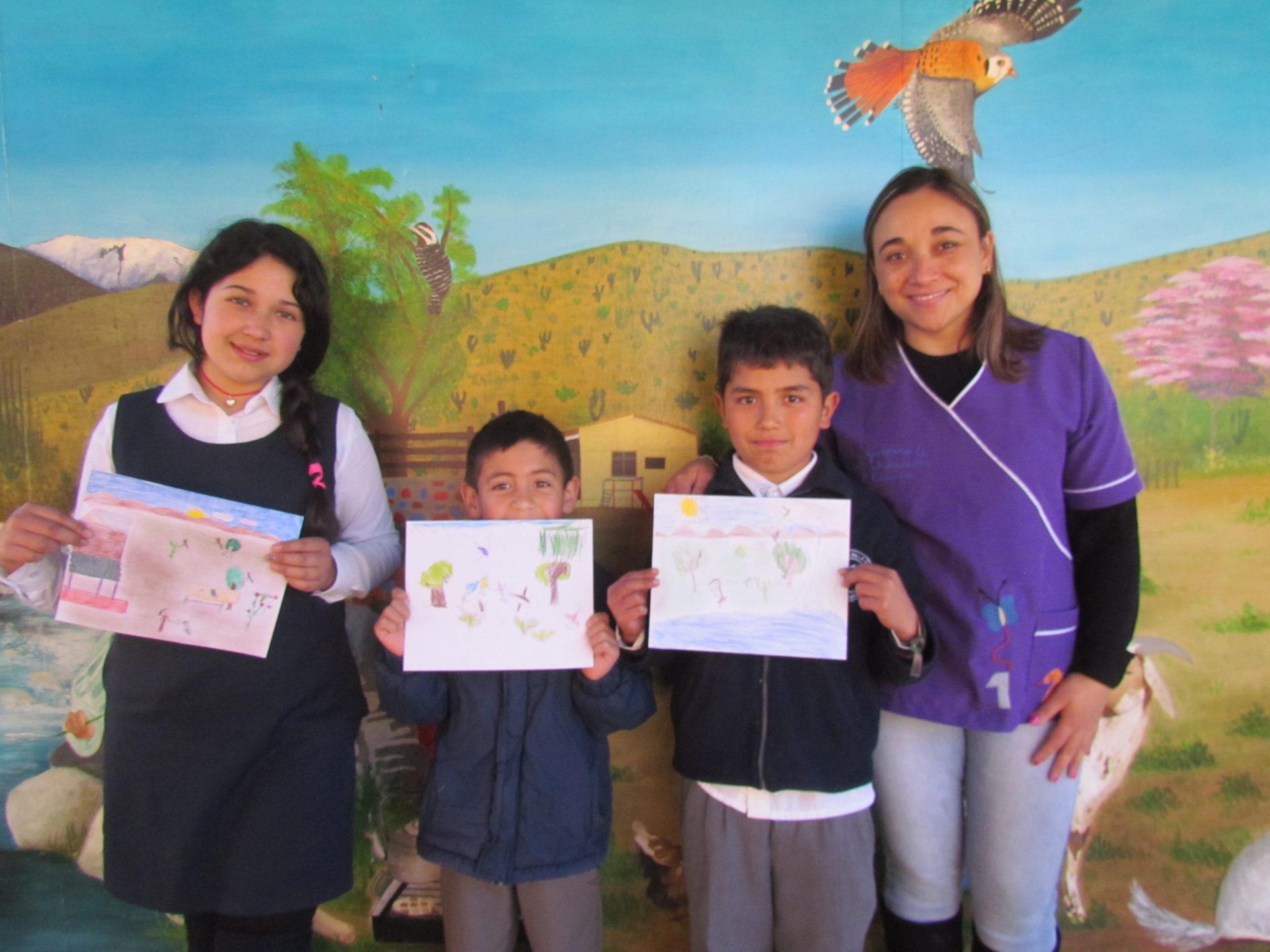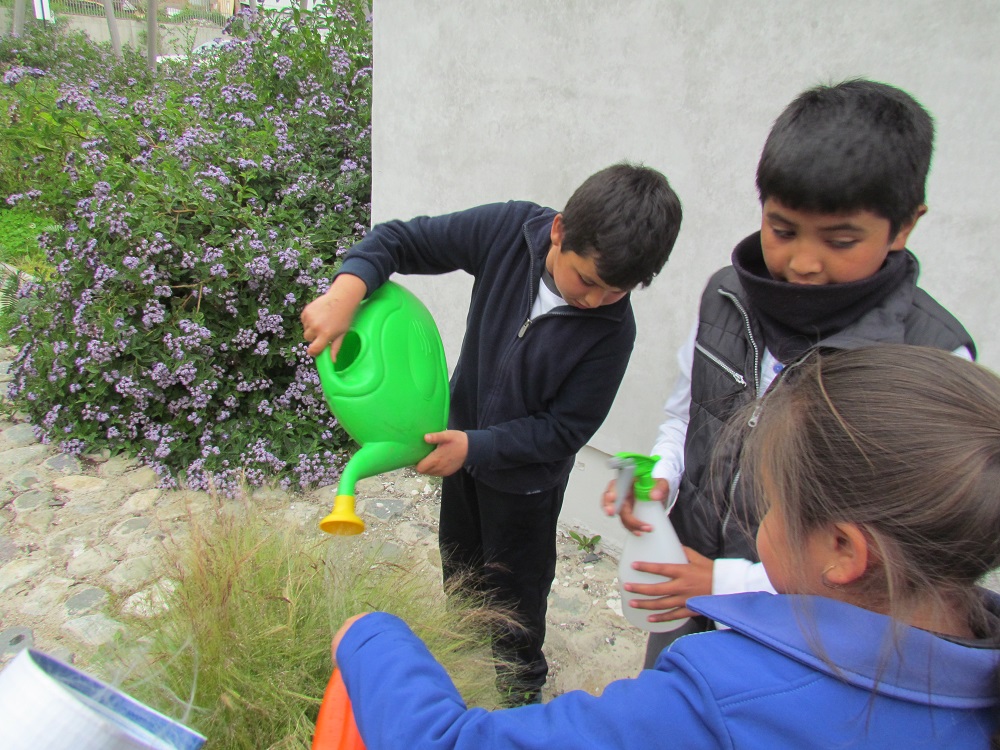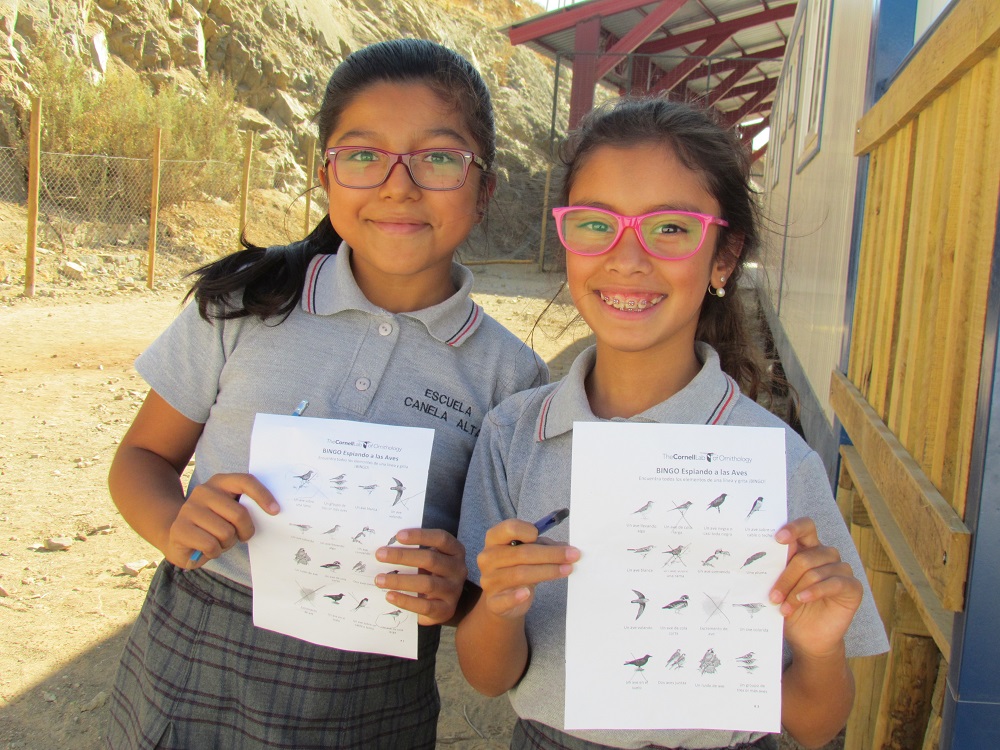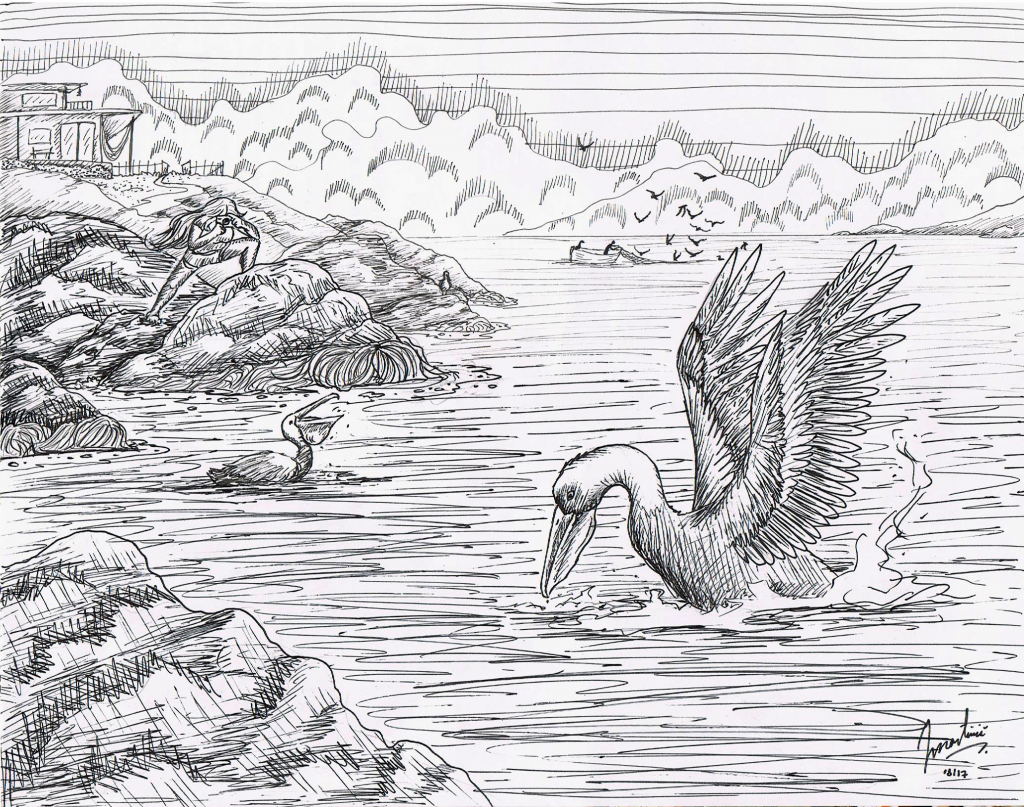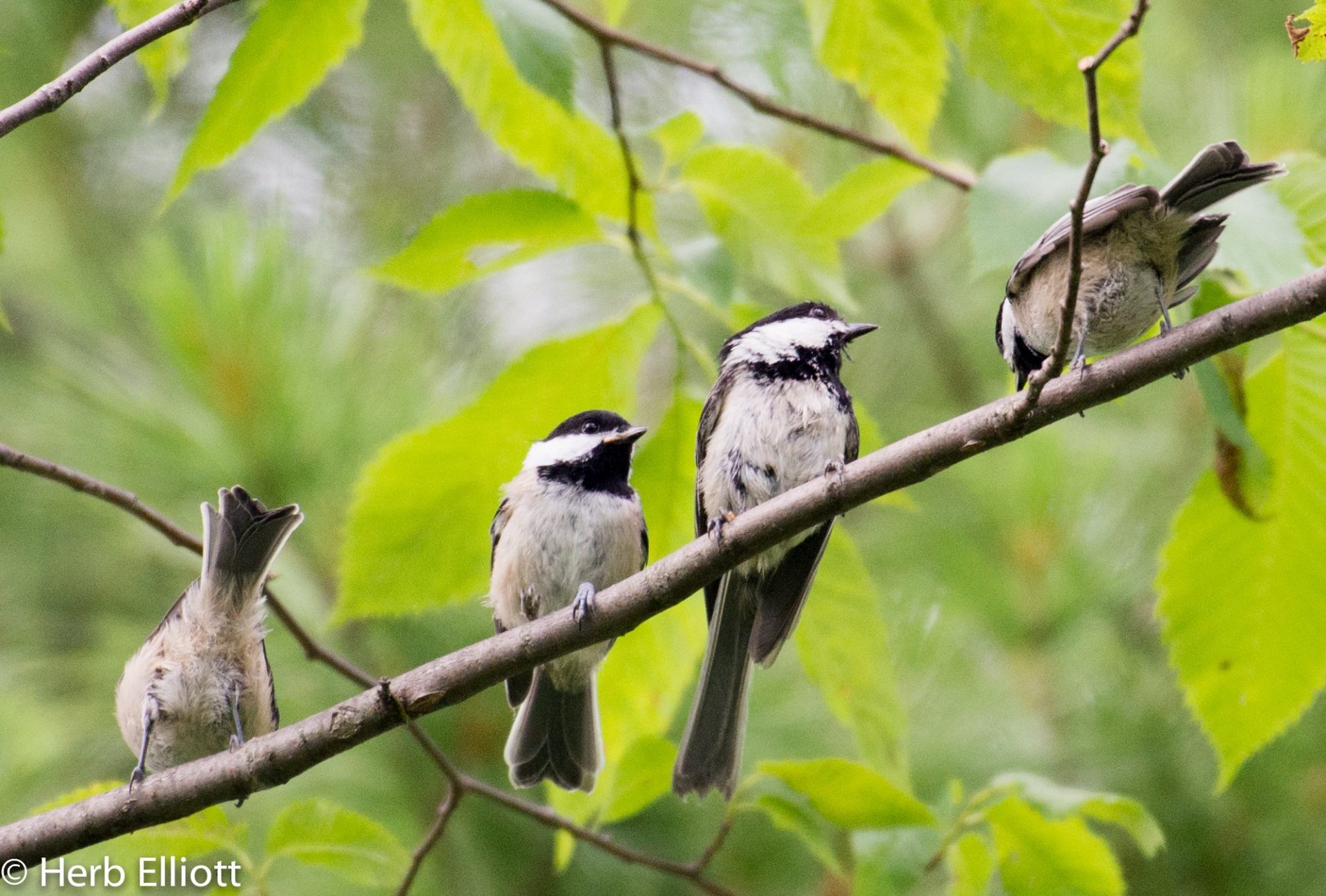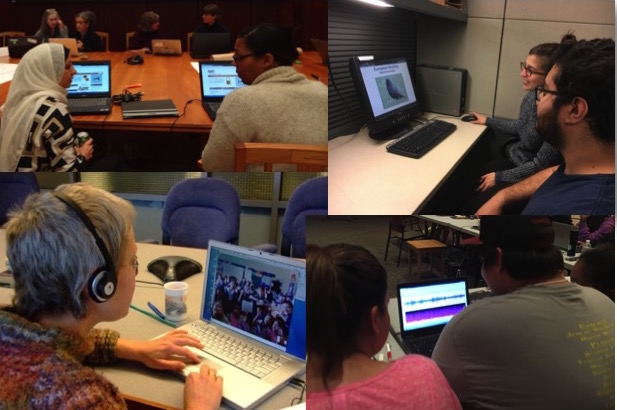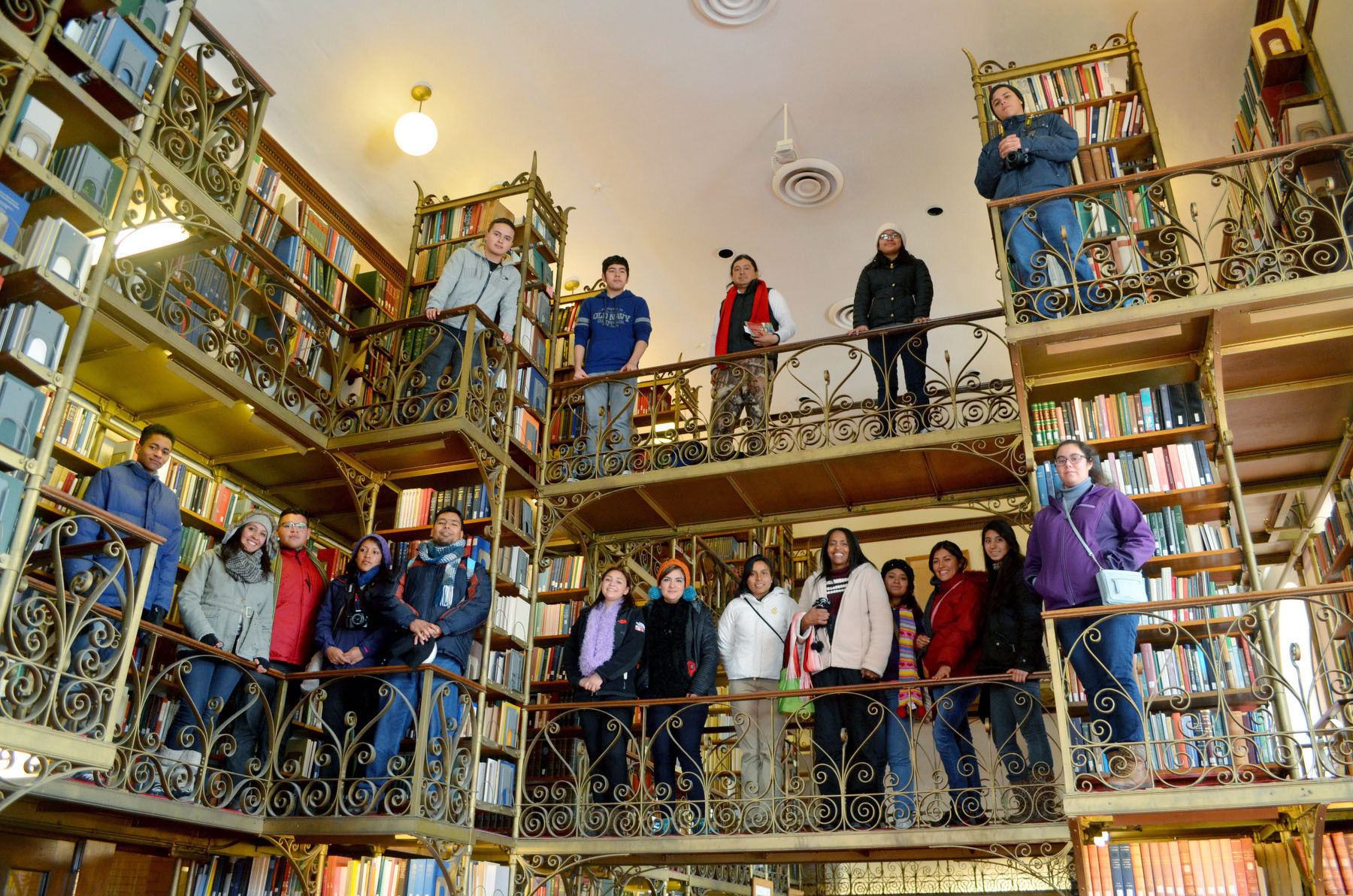 Photo ©
Marilú Lopez Fretts
Photo ©
Marilú Lopez Fretts
We are offering full scholarships for youth and chaperones living in low-income communities to attend a two-day Birds, Careers, and Conservation Workshop at the Cornell Lab of Ornithology August 7-8. Scholarships will cover travel, accommodations, meals, and cost of the workshop.
We are looking for outstanding youth, 15-21 years old, who are interested in learning more about careers in science and conservation and who would like to make an impact in their community. Scholarships will be awarded on the basis of financial need and academic potential.
The workshop will focus on careers in the sciences, community stewardship, and cutting-edge conservation science research at the Lab. In addition, participants will learn about Cornell, explore the value of participatory science and critical thinking, arts and conservation, and paths to higher education. Staff from seven departments at the Cornell Lab will share their expertise and time.
At the workshop, you will meet outstanding professionals and researchers from the Lab of Ornithology. You will participate in diverse activities including bird banding, recording sounds in the local woods, creating bird and conservation-themed art, learning about citizen science, and more!
All youth participants must attend with a chaperone!
If you would like to apply to the workshop click here.
If you know any youth who might benefit from this opportunity, please click here to nominate them!
We encourage applications from underserved communities.
“I loved the program, not just because of the great variety of information that I learned, but also because it was really fun. I had a great time and I met new people. My favorite part was everything, but especially when we listened to the sounds of nature.” – Past Participant
Read about previous workshops:
Birds, Careers and Conservation Workshop August 2016
Birds, Careers and Conservation Youth Workshop April 2016
Birds, Careers and Conservation Youth Workshop August 2015
Birds, Careers and Conservation Youth Workshop June 2015
Article by Juan Ramirez Correa and Debbie Nero
